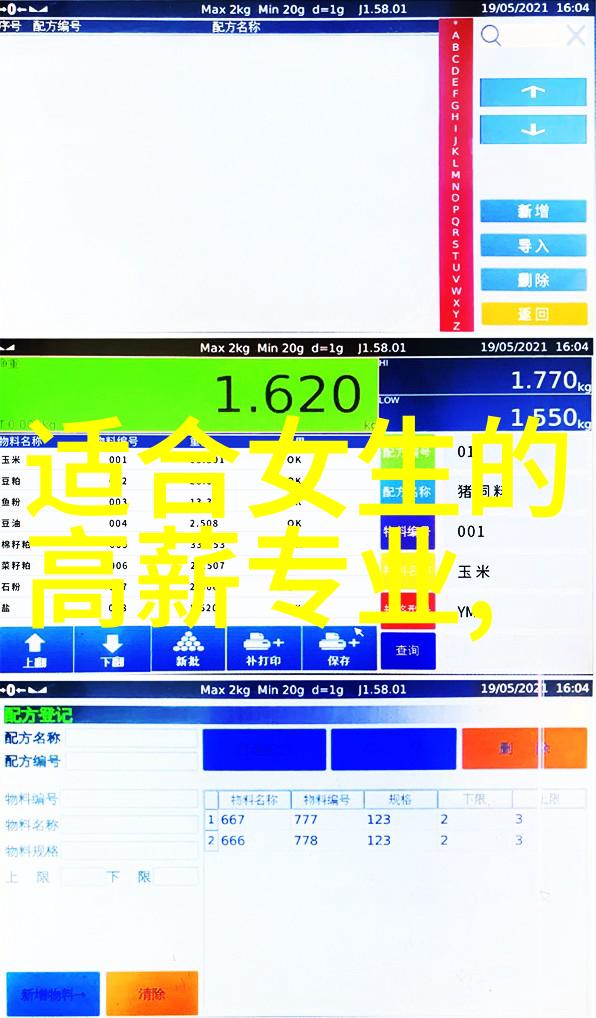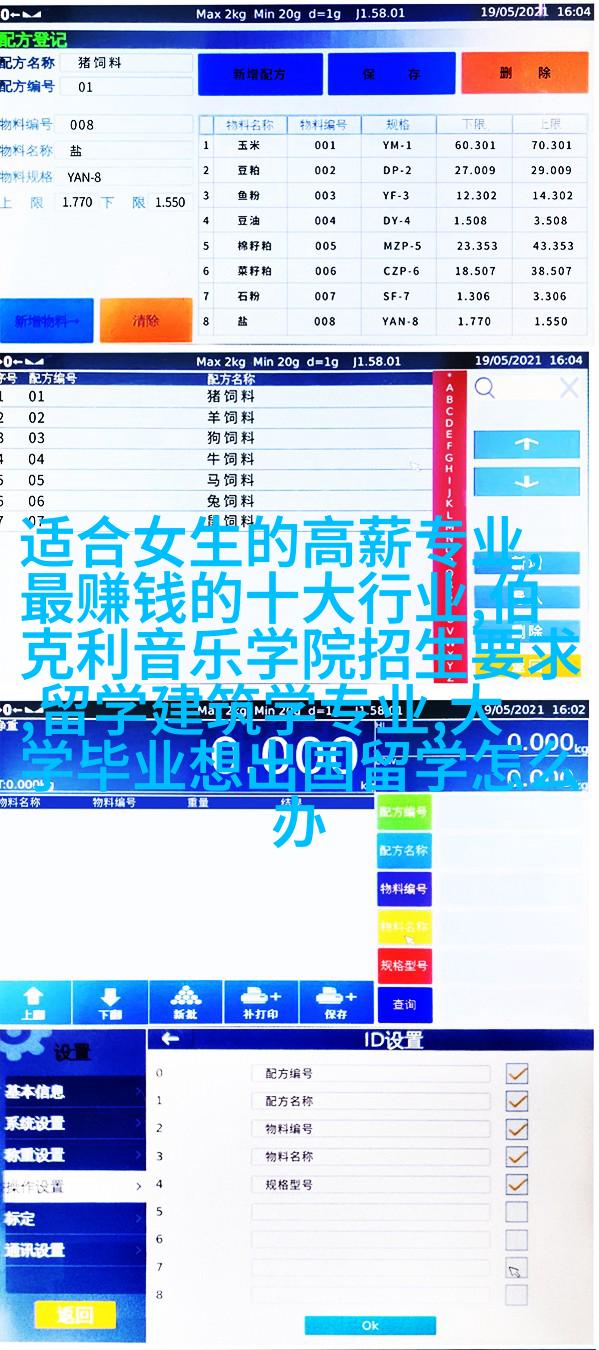Introduction to Visa Application for UK Studies

The United Kingdom is a popular destination for international students seeking quality education, with its renowned universities and diverse cultural landscape. However, navigating the visa application process can be complex and overwhelming for prospective students. This guide aims to provide a comprehensive overview of the visa requirements, application process, and immigration rules that aspiring students must comply with.
Types of Visas Available for International Students

There are several types of visas available for international students wishing to study in the UK:
Student Visitor Visa: A short-term visa allowing visitors who wish to participate in short courses (up to 6 months) or attend pre-sessional English language courses.
Tier 4 (General) Student Visa: For full-time undergraduate or postgraduate degree programs lasting more than six months.

Eligibility Criteria for Applying

To qualify for a Tier 4 student visa, applicants must meet specific eligibility criteria:
Be accepted onto an approved course at a licensed educational institution;
Show evidence of sufficient funds (£900 per month);

Demonstrate proficiency in English through an approved secure English language test (SELT);
Hold valid travel documents;
Pass any required academic qualifications;
Gathering Required Documents
As part of the application process, you will need to submit various supporting documents including:
Passport with at least one blank page;
Confirmation letter from your university confirming your acceptance on their course;
Proof of sufficient funds held in your bank account over at least three months prior to applying;
Biometric Data Collection
Upon submitting your application online or by paper form, you will be required to provide biometric data which includes fingerprints.
Paying Your Application Fee & Priority Service Fees
Submitting Your Completed Application
Waiting Period & Interview Process
9.Post-Application Considerations
10.Post-Study Work Opportunities & Leaving the Country
11.Closing Remarks



